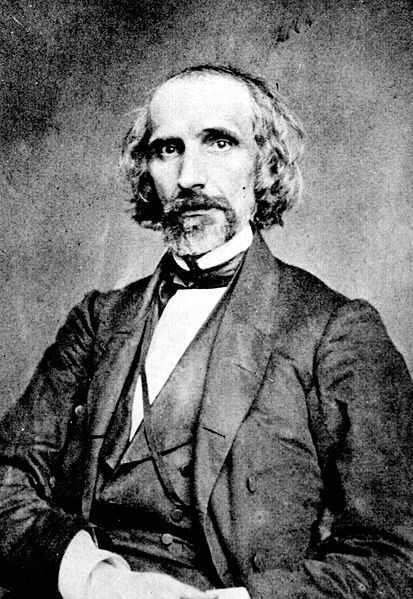Throughout most of the Confederacy the secession from the United States had a general popular support. Very large majorities across the country voted for secession or secessionist delegates. In South Carolina the convention voted unanimously for secession. But there were areas of pro-Union sentiment, mostly running down the Blue Ridge Mountains, from West Virginia, which split off to form a new state, through eastern Tennessee and western North Carolina, through the northeast corner of Georgia. In those areas many of the people were opposed to the war, and in the Shelton Laurel valley in western North Carolina there was even a massacre of Union supporters 150 years ago today.
Violence had begun in Madison County early in January when a group of Unionists had broken into a salt store and the home of Confederate Colonel Lawrence Allen. In response to this, his regiment, the 64th North Carolina which came from the Shelton Laurel area, was sent to the valley to punish the looters. The Confederates were under the command of Lieutenant Colonel Keith, as Allen was sick at the time.
When Keith arrived in the valley with his men the situation quickly escalated. A skirmish broke out, and 12 Unionists, reportedly the looters, were killed and several captured. Keith began hearing rumors of a large Union force in the area, and he began to get worried. He was ordered by the governor not to harmed the prisoners, but Keith ignored these orders. He found several loyalist women and reportedly tortured them to get them to reveal where their husbands and sons were.
After rounding up a group of union sympathizers, Keith set them marching east, presumably to prison and the Confederate army. But soon after leaving the area, he led the 13 captures who remained into the woods, two of them having escaped, lined them up and had them shot. The bodies were dumped into a trench and the 64th North Carolina went on its way. The state attorney general wrote:
One man was badly and mortally shot in the bowels, and while he was writhing in agony and praying to God for mercy a soldier mercilessly and brutally shot him in the head with his pistol. Several women were whipped...
 |
| Vance |
An armed force was ... sent ... to suppress the insurrection which was accomplished before the local militia could get there, though ordered out immediately. But in doing so a degree of cruelty and barbarity was displayed, shocking and outrageous in the extreme on the part of Lieutenant Colonel J. A. Keith, Sixty-fourth North Carolina Troops, who seems to have been in command and to have acted in this respect without orders from his superiors so far as I can learn. I beg leave to ask you to read the inclosed letter ... which you will perceive discloses a scene of horror disgraceful to civilization. I desire you to have proceedings instituted at once against this officer, who if the half be true is a disgrace to the service and to North Carolina.Keith resigned before he was court marshaled. After the war he was tried by a civilian court, and after remaining in jail for two years he escaped, just before a state supreme court decision which would have vindicated him. He was never recaptured.
 |
| Seddon |



0 comments:
Post a Comment